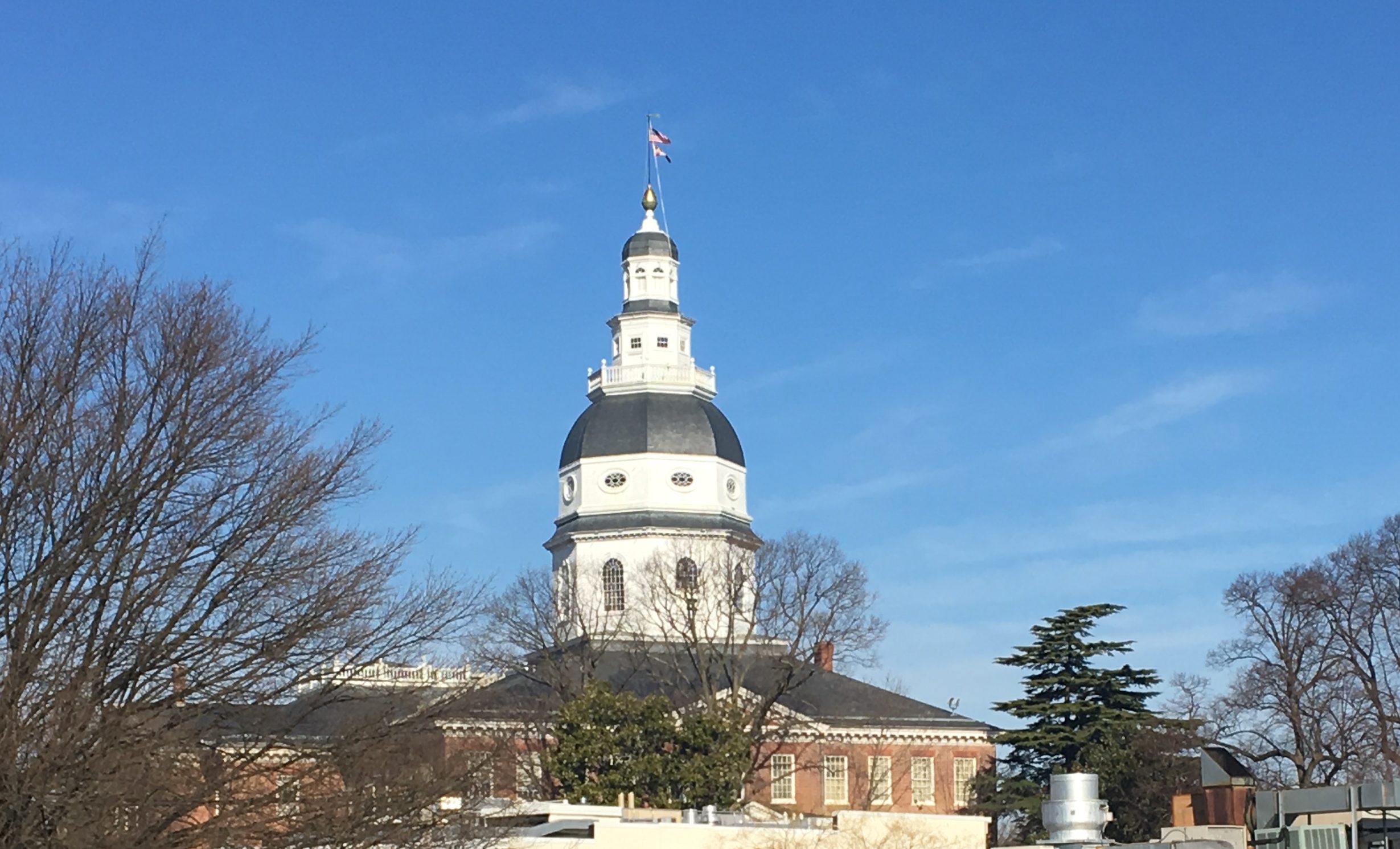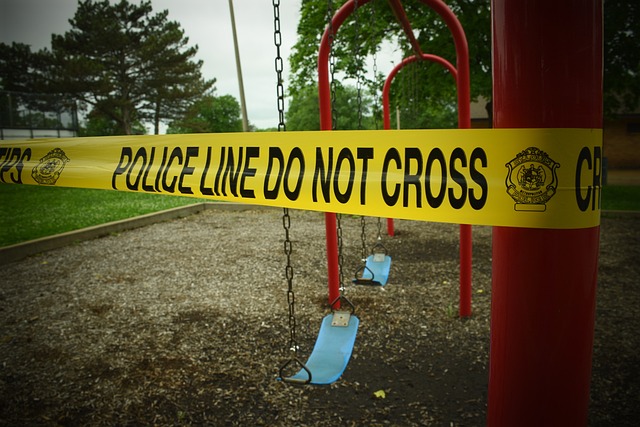Bill would cut lawmakers’ pay after mass shootings
By TORRENCE BANKS
Capital News Service
WASHINGTON – In February, Steve Kraske, a radio host at NPR’s Kansas City affiliate, was on air discussing the Kansas City Chiefs Super Bowl parade shooting that left one woman dead and more than 20 others injured.
Kraske mentioned that he surveyed his 25 students at the University of Missouri, asking them if they would attend another parade if the Chiefs won the Super Bowl next year.
All of them said no.
This caught the attention of Rep. Emanuel Cleaver, D-Missouri, and led to him re-introducing the No Pay Until Peace Act in March. If the bill passes, members of Congress would have their pay reduced each time there is a mass shooting until lawmakers take action on gun safety reforms.
“Whenever there’s a mass shooting, the congressional action is swift,” Cleaver told Capital News Service. “We have somebody go down to the well of the House and say, ‘We offer our thoughts and prayers,’ and that is the congressional reaction to mass shootings no matter how many people get shot or how old they are.”
The bill was initially introduced in 2022, and Congress took no action on it. Cleaver believes that the recent lack of progress on federal gun legislation has left some Democrats discouraged.
“People are apprehensive just because (they believe) nothing good is going to happen,” said Cleaver. “So there’s no need of getting your heart broken again.”
Cleaver has received support from Democrats for trying to change congressional inertia when it comes to gun safety reforms. However, Republicans haven’t been as encouraging.
“I can’t say that I am surprised, as the vast majority of them have opposed any and all action in regard to reforming the nation’s gun laws,” Cleaver said in an email.
He added that while the bill currently has no sponsors, he could get 100 signatures without Republican support. The election season has halted his efforts.
“This is an election season so I’m not going to have some members try to respond, putting them in a tough spot where they say ‘I’m going to be a supporter’ and then all of a sudden the (National) Rifle Association will come after them,” Cleaver said.
Mark Pennak, president of the gun owners’ rights organization Maryland Shall Issue, believes Cleaver’s re-introduction of the bill is a “publicity stunt.” Pennak said that the bill assumes that gun control legislation favored by Cleaver is effective in stopping mass shootings.
While federal background checks are necessary, Pennak said, they don’t deter people who get weapons by illegal means.
“The criminals aren’t going through licensing to buy their firearms,” said Pennak, who spent 33 years as lawyer in the U.S. Department of Justice. “That just isn’t happening. They go to Baltimore on the street and they buy their firearms illegally. Most of these people are already disqualified people. Otherwise, they can’t legally possess firearms.”
From 2010 to 2019, Baltimore County had the fifth-highest gun death rate among Maryland counties and Baltimore City, according to the Educational Fund to Stop Gun Violence.
Baltimore City had the highest gun death rate.
While federal law requires background checks to buy firearms at any federally licensed gun dealer, only 40% of guns sold in the United States are through such dealers, according to the American Academy of Pediatrics. That leaves firearms sales among private dealers unchecked in many states.
Gun theft in Maryland currently falls under the general theft statute, with the level of the crime and the penalty based on the value of the stolen item. As a result, stealing a firearm valued under $1,500 is usually considered a misdemeanor.
On first and second offenses, gun theft is typically punished by probation, Pennak said. Consequently, prosecutors are hesitant to waste time on it, he said.
Earlier this year, Maryland State Sens. Justin Ready, Jack Bailey, Mary Beth Carozza, Paul Corderman and several others introduced a bill to make gun theft a felony. However, it was not acted on during the legislative session.
Cleaver said that legislation strengthening gun theft penalties and other policies protecting communities from gun violence are worthy considerations.
He hopes that the legislation gets the public to be less supportive of lawmakers who “care more about their own pocketbooks and personal ambition” than the lives lost in shootings.
With the House controlled by a Republican majority that has opposed significant gun safety proposals, prospects for passage of Cleaver’s bill this year are very poor.

Capital News Service is a student-powered news organization run by the University of Maryland Philip Merrill College of Journalism. With bureaus in Annapolis and Washington run by professional journalists with decades of experience, they deliver news in multiple formats via partner news organizations and a destination Website.

